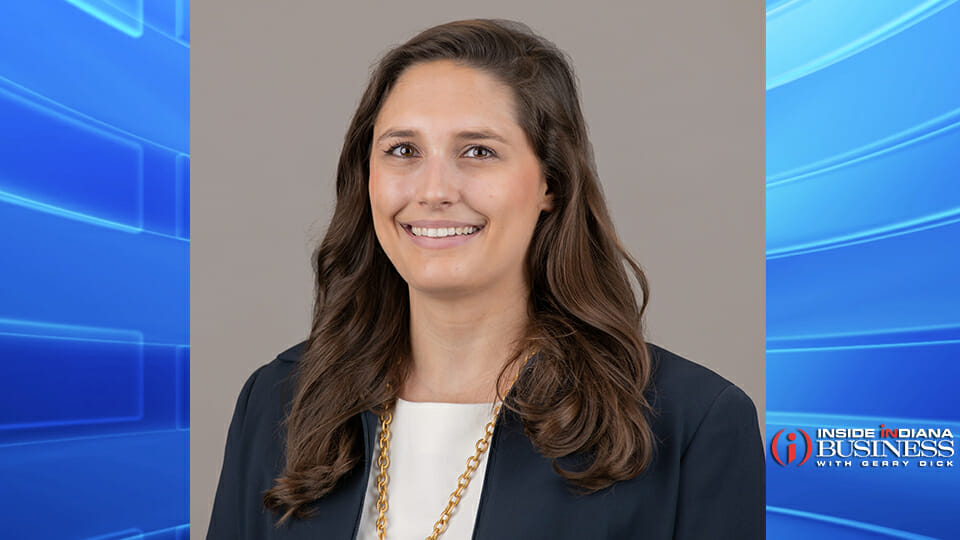New year, new money resolutions
Subscriber Benefit
As a subscriber you can listen to articles at work, in the car, or while you work out. Subscribe Now
According to the recent BMO Real Financial Progress Report, 74% of Americans feel optimistic about their financial situation going into 2024. At the same time, however, nearly half of Americans say their New Year’s financial resolutions have changed due to higher living costs. So what’s the true story?
If setting money goals, creating budgets, and minimizing spending is at the top of your 2024 to-dos, the BMO survey suggests you’re not alone. Nearly half of Americans still feel the wrath of inflation and higher living costs, which is a great reason to go back to the basics with your financial-related New Year resolutions.
Set Financial Goals
An emergency fund is a key component of a strong financial plan, if not the foundation. If you ended 2023 without one, make 2024 the year of emergency funds and financial security. The rule of thumb is to set aside 3-6 months of living expenses in cash or a money market, just in case. Whether it’s a pesky car repair bill, home maintenance, or job loss, you don’t want the unforeseen to set you back.
On the flip side, is there a larger expense you foresee and want to plan for? Whether it’s a big vacation or a new car, determine how much you anticipate spending and implement a savings plan. Some online banking apps offer a “spending bucket” feature, which allows you to allocate funds into different buckets for specific goals. This is a simple way to track your progress and hold yourself accountable.
Plan to Save
The BMO Real Financial Progress Report found that 59% of Americans have “saving for retirement” as one of their top financial goals. Building that retirement nest egg doesn’t happen in a vacuum; it requires intentionality. You must plan to save. As you enter the New Year, remember that 2024 contribution limits have increased for various retirement savings plans.
If you have a 401k or 403b through work, the maximum contribution is $23,000 (up from $22,500 in 2023), plus an additional $7,500 if you are over 50 years old. If you contribute to a Roth IRA or a Traditional IRA, the contribution limit increased from $6,500 in 2023 to $7,000, with an additional $1,000 if you are over the age of 50.
Perhaps the largest jump we’ve seen this year is for Health Savings Accounts; for a family plan, the contribution limit increased from $7,750 in 2023 to $8,300, and for an individual plan, $3,850 in 2023 to $4,150.
If you have yet to make your 2023 contributions to a Roth IRA/Traditional IRA or Health Savings Account, you have until the tax filing deadline in April to do so. If you have an Indiana 529 Plan, you have until the tax filing deadline to make a 2023 contribution and receive the associated state tax credit. As a reminder, you can receive a state tax credit of $1,500 if you contribute $7,500.
Review Income and Expenses
After setting financial goals for the year, it’s time to review your income and expenses.
Did you receive a year-end bonus and don’t know what to do with it? Perhaps it could be used to boost your emergency fund, fund your vacation bucket, or even make your IRA/HSA/529 Plan contributions.
Did you receive a raise, and now you have a monthly surplus? Consider allocating that excess towards one of your goals, like increasing 401k contributions.
A tedious yet necessary part of budgeting is to review your expenses. Below are some questions you can ask yourself to help narrow down areas for improvement:
- When did you last shop for homeowners and auto insurance? Could you find a lower premium with a different provider for the same amount of coverage?
- Have you found monthly membership fees or subscriptions you’re enrolled in but aren’t using?
- Does it feel like your grocery bill keeps getting more expensive? Are there other ways to save? (Forgo delivery/pick-up services, shop at supermarkets rather than specialty grocery stores).
- What are your debts and the associated interest rates? Are there high-interest-rate loans you should prioritize when paying down debt?
Conclusion
With New Year’s Resolutions, having another person or group hold you accountable is important. That can mean teaming up with your spouse on a specific goal, having a progress meeting with your financial advisor, or even surrounding yourself with people with similar values and goals. Find what works for you and make 2024 a success!
Olivia Maynes, CFP, is a Financial Planning Coordinator with Bedel Financial Consulting, Inc., a wealth management firm located in Indianapolis. For more information, visit their website at www.bedelfinancial.com or email Olivia at omaynes@bedelfinancial.com.
